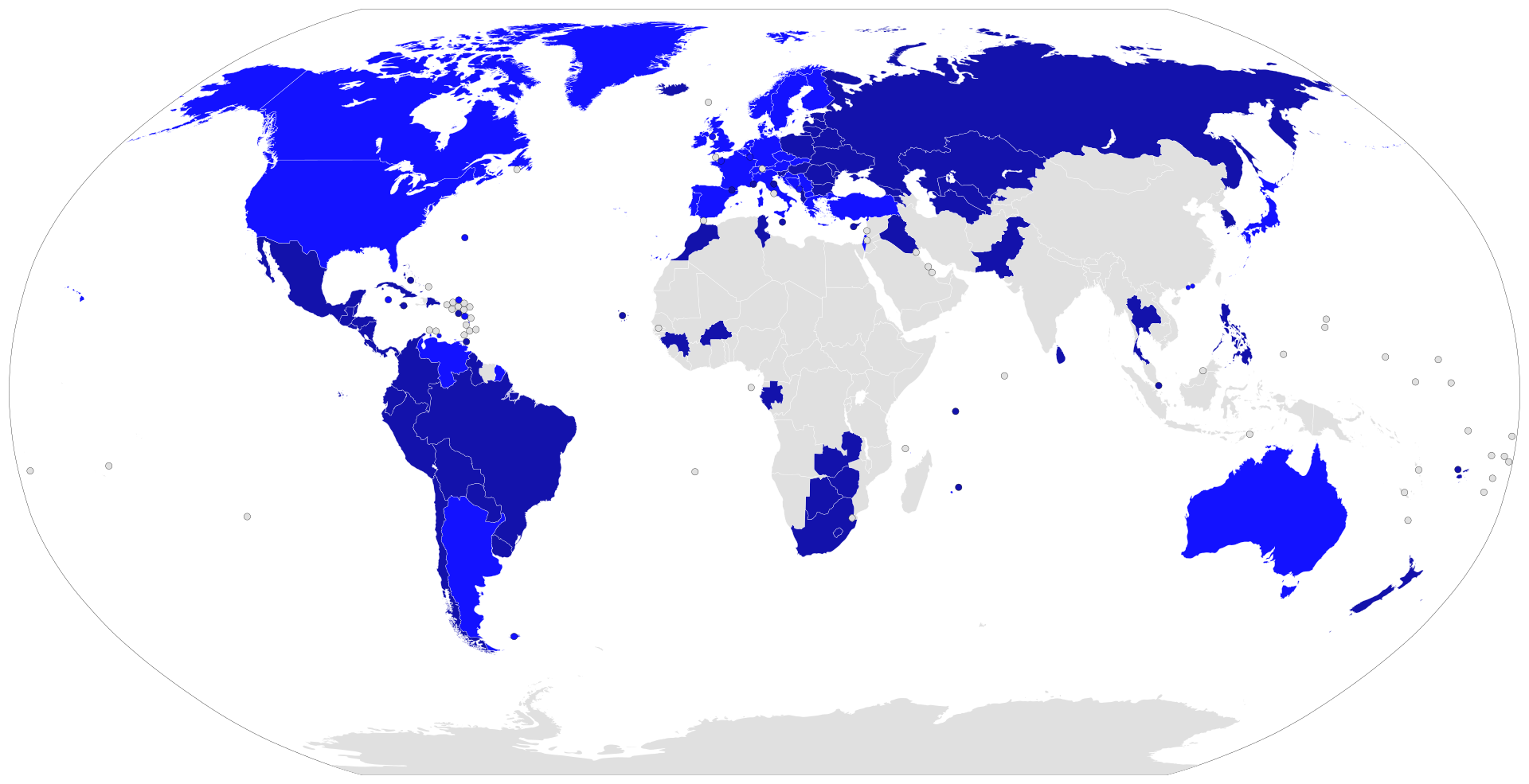Child Abduction & The Hague Convention: What Ontario Parents Should Know
By Daniel Walker, Managing Partner, Bobila Walker Law (Toronto, Ontario)
As cross-border parenting disputes become increasingly common, parents in Ontario are asking: what rights do I have if my child has been taken or retained abroad? In this article I explain how the Hague Convention on the Civil Aspects of International Child Abduction applies, what recent Ontario case law tells us, and how you should act if you face a child abduction or wrongful retention situation.
What is the Hague Convention and why it matters in Ontario
The Hague Cnvention is a multilateral treaty designed to protect children from wrongful removal or retention across international borders and to secure prompt return of children to their habitual residence.
For Ontario-based families, the Convention is relevant when a child is wrongfully removed to, or retained in, Ontario from a Contracting State, or removed from Ontario to a Contracting State. Even if only one parent travelled with the child, the Convention may apply.
Key points Ontario parents should understand:
-
If a child’s habitual residence is abroad, and the child has been taken to Ontario without that residence state’s (or parent’s) consent, the Convention may provide a basis to seek the child’s return to the other country.
-
The Convention applies only if the child was under 16 at the time of removal/retention and the removal/retention is “wrongful” (i.e., in violation of custody rights given by a state).
-
In Ontario, you also need to consider the interplay of the Convention with the Children’s Law Reform Act (CLRA), and jurisdictional issues under Canadian law.
A significant Ontario precedent: Chen v. Mao
Recently, in the case of Chen v. Mao (FS-25-00049948-0000), the Ontario Superior Court ruled that orders made by a Hong Kong court gave the mother “rights of custody” under Articles 3 and 5(a) of the Hague Convention — even though one parent held a “sole custody” order. Law Times
The facts in brief
-
The parties had a child born in Hong Kong (2010). The mother obtained a 2015 non-removal order from the Hong Kong Family Court. Law Times
-
In 2019 a Hong Kong court granted the father “sole custody, care and control” and an access schedule for the mother. Law Times
-
In 2023 the Hong Kong court varied its order to permit the child to travel to Taiwan for summer parenting time with the mother—provided the parties undertook to return the child to Hong Kong. Law Times
-
The father moved with the child to Ontario without the mother’s knowledge or consent. The mother applied in Ontario, alleging wrongful removal under the Hague Convention. Law Times
Why the decision matters
-
The Court held that the mother’s rights under the 2015 Hong Kong non-removal order and the 2023 variation conferred rights to determine the child’s place of residence (i.e., custody rights) under Article 3 and 5(a) of the Convention. Law Times
-
This is a landmark ruling in Canada because it confirms that a foreign non-removal order can count as “rights of custody” under the Convention for purposes of a Canadian return application.
-
For Ontario practitioners, this case shows that courts will scrutinize not only who has “sole custody” by foreign order, but whether domestic or foreign orders have effectively given a parent meaningful decision-making rights over the child’s residence.
What this means for parents in Ontario
If you are facing a child abduction or wrongful retention scenario with an international element, here are key takeaways:
-
Act quickly. The Convention is driven by timeliness; delays reduce the likelihood of a return order.
-
Document foreign orders. If there is a foreign court order providing non-removal, access, or custody rights, it can be critical evidence that “custody rights” existed. The Chen v. Mao case shows that non-removal orders matter.
-
Assess habitual residence. Where was the child habitually resident before the removal/retention? That determines which state’s courts have the initial locus of jurisdiction under the Convention.
-
Jurisdiction and the CLRA. In Ontario, jurisdictional issues under the CLRA must be addressed. Even with a return application under the Convention, domestic considerations may still arise.
-
Seek experienced advice. International abduction/retention cases involve overlapping treaty, domestic family law and conflict-of-laws issues. Choosing a lawyer with strong experience in Hague Convention applications is crucial.





